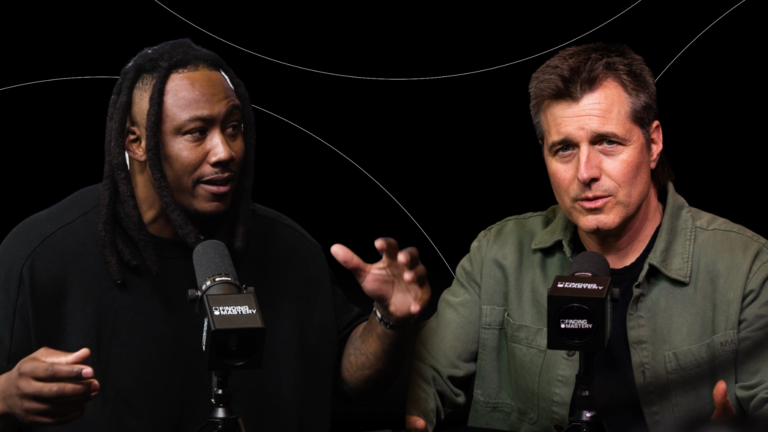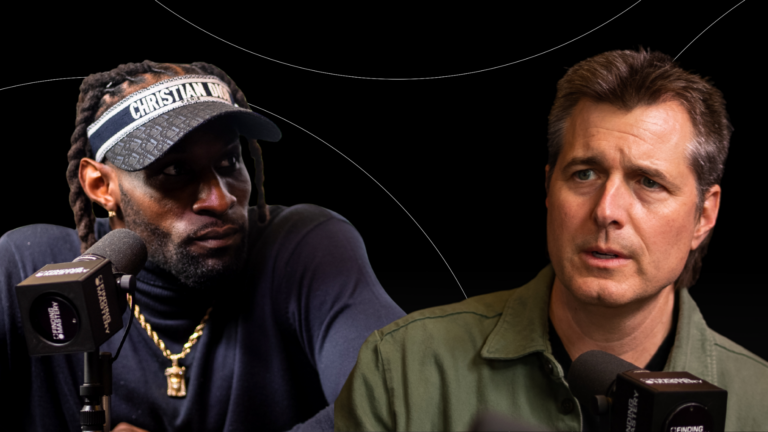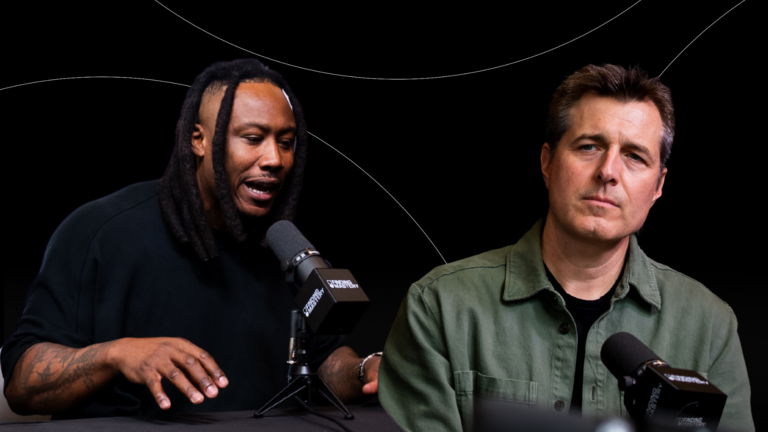This week’s conversation is with Sue Enquist, UCLA Softball’s first All-American, National Champion, and Hall of Famer.
In 2006, Sue concluded her storied 27-year career as head coach of the UCLA Bruins with a 887-175-1 (.835) record, making her the winningest softball coach among all active coaches.
She is the only person in NCAA Softball history to win a championship as a head coach and a player.
During her career, Sue produced 65 All-Americans and 15 Olympians.
She has been inducted into six Hall of Fames including UCLA, Women’s Sport Foundation, USA Softball Hall of Fame, and National Fastpitch Coaches Association..
Sue is also the recipient of multiple National Coach of the Year and Pac-10 Coach of the Year honors.
This conversation is all about coaching – in any setting.
Sue shares her insights on how to connect, inspire, and get the most out of those around you.
“When you win, it takes an incredible amount of awareness and discipline to stay curious about how you can close the gap between where you are and what the ultimate team could look like.”
In This Episode:
- Grew up in Southern California, dad was in the military, mom a nurse and had 2 older siblings
- Loved playing sports— especially baseball/softball and surfing
- The emergence of Title IX allowed her more opportunities to play
- How her mom shaped her: gave her freedom to explore and trusted her to make responsible decisions
- Being hyperfocused on winning in her early coaching days and how it backfired
- Why having the curiosity to pursue something is more important than how much talent you have
- The essence of high performers… what drives them?
- The tension that exists between embracing the present moment and continuously striving for more.. how does she manage it?
- Her purpose as a coach… to convince her athletes they already had everything they needed inside them
- Her coaching standards… own your mistakes (master failure recovery), 100 effort everyday, and a positive attitude
- Having coached multiple generations of athletes, what’s the key to connecting with them and getting the most from them?
- How she would go about helping athletes struggling with the mental side of performance
- What Coach Wooden taught her
- What she wishes parents understood about their role in youth sports: “it’s not about you”
- Why she got out of coaching… she wanted to help those coming into the sport
- How she thinks about mastery



